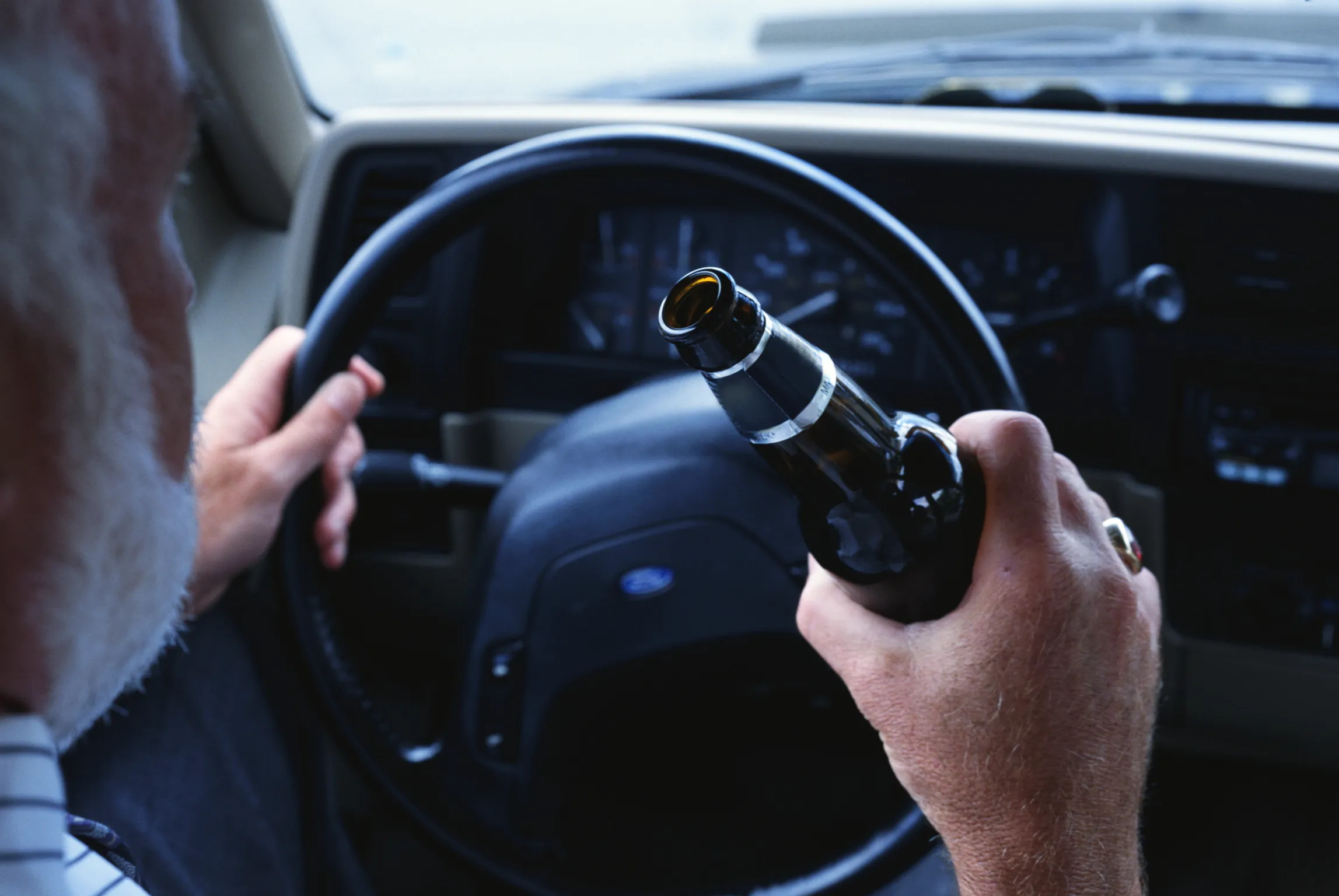 No one sets out to get arrested for driving under the influence (DUI). In fact, the vast majority of people who do find themselves under arrest for DUI are otherwise law abiding citizens who had a momentary lapse in judgment and got behind the wheel after having a couple of cocktails with a friend or a couple of beers while watching the game. If you find yourself in this situation, you will likely have a number of questions about the how your case will be prosecuted. One of the key pieces of evidence against you will likely be the results of a chemical test. Because you probably know very little about how they work, a Nebraska DUI lawyer has offered to tell you everything you need to know about chemical tests.
No one sets out to get arrested for driving under the influence (DUI). In fact, the vast majority of people who do find themselves under arrest for DUI are otherwise law abiding citizens who had a momentary lapse in judgment and got behind the wheel after having a couple of cocktails with a friend or a couple of beers while watching the game. If you find yourself in this situation, you will likely have a number of questions about the how your case will be prosecuted. One of the key pieces of evidence against you will likely be the results of a chemical test. Because you probably know very little about how they work, a Nebraska DUI lawyer has offered to tell you everything you need to know about chemical tests.
The Tests — Blood, Breath, and Urine
When you are arrested for driving under the influence, the Nebraska implied consent law says that you have already agreed to submit to a chemical test of your blood, breath, or urine. Despite this, you do have the legal right to refuse a chemical test; however, there are some fairly stiff penalties for refusing, including the loss of your driving privileges. The preferred test is a breath test because it is the least invasive, is relatively inexpensive, and provides immediate results.
The Breath Test
The word “breathalyzer” is typically used when referring to a breath test; however, the word “breathalyzer” is actually a trade name for a specific type of breath testing device. In addition, a breath test machine does not actually measure the amount of alcohol in your body. Instead, it provides an estimate based on the amount of alcohol found in the breath you expel when you blow into the machine. The results are then recorded as a percentage of breath alcohol content, or BAC. If the results show a BAC level of 0.08 percent or higher, that result will become evidence against you at trial.
In a perfect, controlled environment, a breath test machine can produce very accurate results; however, in reality, there are a number of factors that can impact the results, including:
- Operator error
- Failing to calibrate the machine as required
- Mouthwash or other products left in your mouth
- Temperature of your breath
- Paint fumes in the area
- Medical conditions such as diabetes or hypoglycemia
Finally, one of the major disadvantages to the use of a breath test is that is cannot detect the presence of a controlled substance (drugs) in a suspect’s system.
The Blood Test
Unlike a breath test, a blood draw will directly measure the amount of alcohol or drugs in your bloodstream. Moreover, the results of a blood test are generally regarded as the most accurate of all the three testing methods. A blood test, however, is much more invasive. A suspect must usually be taken to a hospital for the test to be performed and there is always the chance of negative side effects given the use of needles. As a general rule, a blood test is only used when the officer suspects that a suspect is driving under the influence of drugs (DUID) or if the suspect was in an accident and must be transported to the hospital anyway.
The Urine Test
Urine tests were once very popular, and remain popular in other industries, for the detection of drugs and/or alcohol. Today, however, urine tests are seldom used because they are less accurate than either breath or blood tests. A urine test measures the amount of alcohol (or drugs) in your urine; however, that is not the same as measuring the amount of alcohol in your blood stream. Consequently, it is much more difficult to know, with any degree of certainty, to what extent a suspect was actually under the influence of alcohol at the time he/she was operating a vehicle.
Contact a Nebraska DUI Lawyer
If you were recently arrested and charged with driving under the influence (DUI) in Nebraska, contact a Nebraska DUI lawyer at Petersen Law Office 24 hours a day at 402-513-2180 to discuss your case with an experienced DUI defense lawyer.


